Chrissy Thornton has a list of rules when it comes to foods she’ll eat in front of white people: no watermelon, no fried chicken, no ribs. She doesn’t like the optics.
“It’s not about watermelon. People say it’s healthy. Of course it is. But that’s not what they see when they see us eating it. They see a stereotype that was created decades ago,” said the 48-year-old Reisterstown resident, who is Black. “I probably eat more watermelon than anyone I know. But I do it in the privacy of my own people. It’s one more way we can’t allow our counterparts to see us that way.”
Thornton’s aversion to consuming these foods in public reflects how racist caricatures and tropes have been weaponized over the years. From comments about fried chicken lobbed at Tiger Woods to political cartoons that associated former President Barack Obama with watermelon, using these foods to belittle and make fun of Black people, famous or otherwise, is a recurring phenomenon as American as apple pie.
Efforts to demonize nourishment — especially those foods associated with Black culture — are a stain on our country’s history that is rarely discussed. It is so entrenched in the fiber that many have trouble spotting the seeds of discrimination and how it affects behaviors like eating, cooking and celebrating food.
The Baltimore Banner thanks its sponsors. Become one.
For Thornton, that includes heightened awareness of what she’s eating — or shopping for — in settings where white people are present. She won’t even purchase whole watermelons from grocery stores.
“It’s knowing that they see us as animalistic,” she said. “I will not give them the visual of seeing me eat watermelon knowing they see us in the trope-like way with the watermelon juice running down our face with us spitting seeds.”
The origins of watermelon date back to ancient Africa and were brought to America during the transatlantic slave trade, eventually leading to financial success for some emancipated Blacks, particularly in the South. As the fruit they grew and sold became more profitable, white propaganda also increased, linking the melon to poverty and crime.
The origins of fried chicken — although initially credited to Scottish influence — became a Southern American staple when enslaved people from West Africa who were responsible for cooking the food on plantations added the essential seasonings that transformed the once bland meat to the flavorful protein popular today.
Chickens, which were in abundance, were also one of the only animals that Black people were allowed to raise. That too was subjected to white propaganda and negative media images through film, cartoons — even through mascots at restaurants.
The Baltimore Banner thanks its sponsors. Become one.
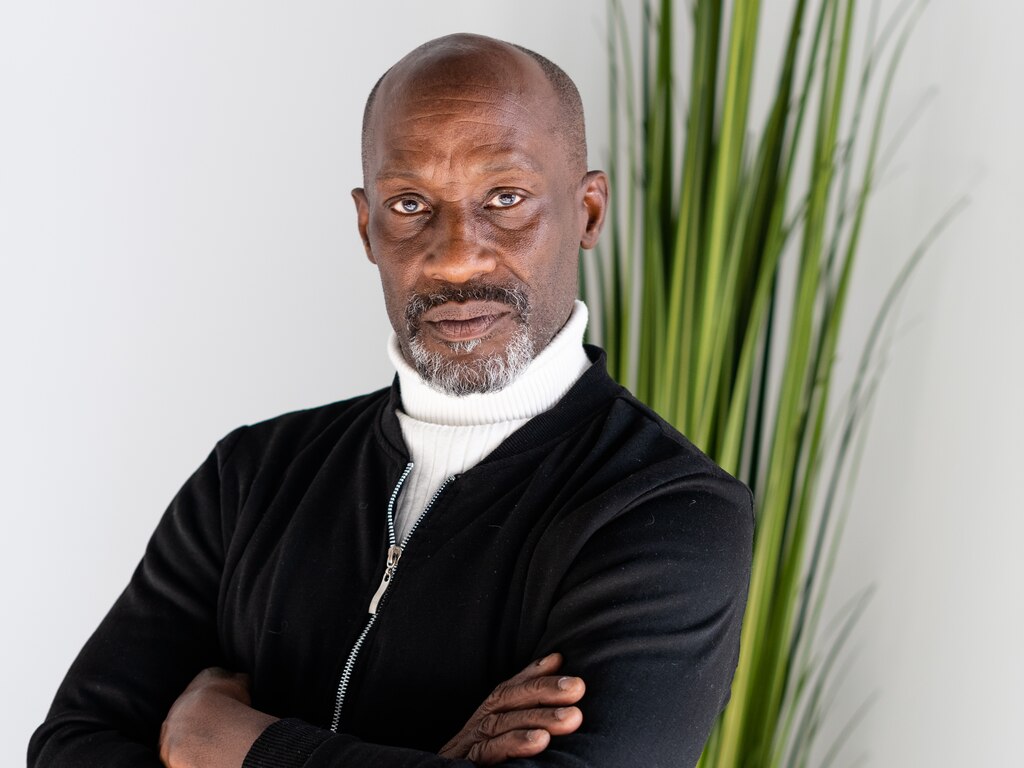
Chef David Thomas, who owns H3irloom Food Group with wife Tonya Thomas, is not surprised to hear about Black people shying away from these foods.
“We [Black people] are so programmed to doing whatever our colonizers said that we bought into those things lock, stock and barrel. Over time it’s been in our psyche because they have been shown as bad in the media,” he explained. “They put us in that stereotype and now we are ashamed of it. We accepted it. And now we have internalized it. Now we have people who are ashamed to eat it.”
In the culinary world, Thomas said, this shame has manifested in some Black chefs not wanting to cook soul food, the term coined during the civil rights era to describe foods from Black American culture.
“Whatever what we did, they labeled it ‘bad’ so we could not get ahead. Everything is looked at through a French lens or white gaze. If it doesn’t go through them, it’s not accepted,” said Thomas, who admitted that for the first 15 years of his career, he wouldn’t cook soul food, either. But when he opened his first restaurant in 2012, he dedicated the food to his ancestors and never looked back.
“We have been cooking this food for them for hundreds of years. We should not be ashamed. We should love what it stands for, what we have done,” he said. “I am very proud as an African American chef.”
The Baltimore Banner thanks its sponsors. Become one.
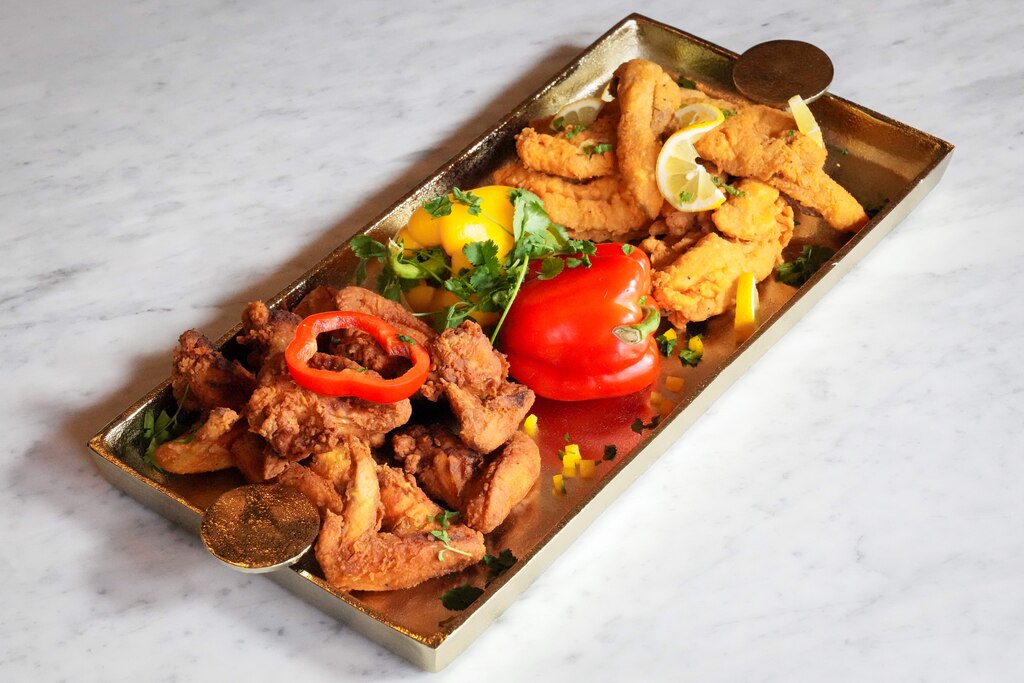
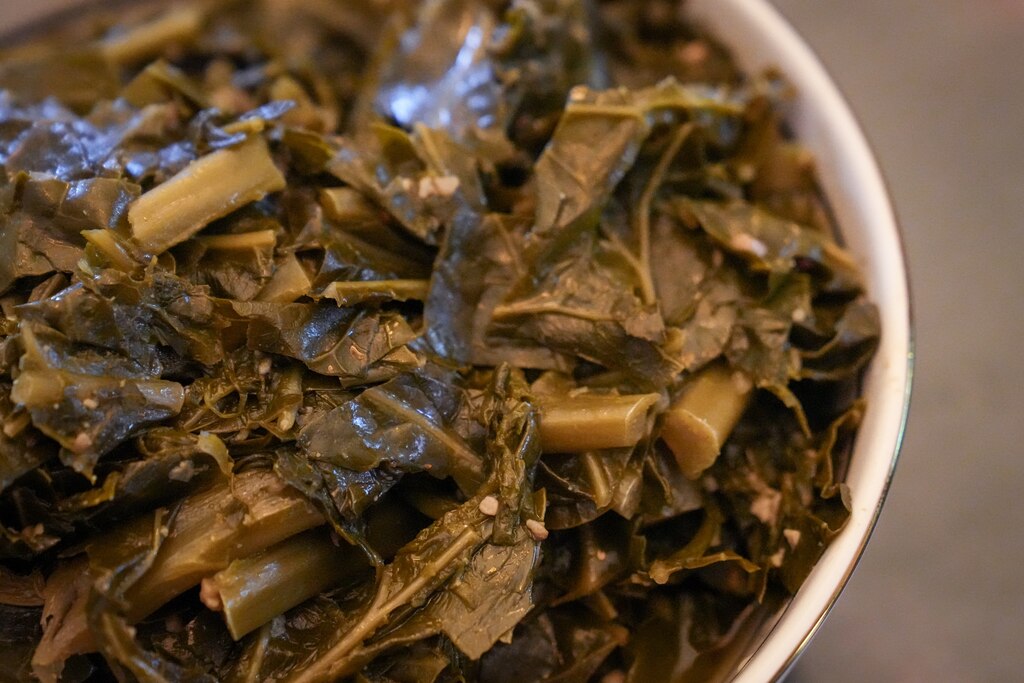
At Capital Lounge in the Upton neighborhood, executive chef Katie-Marie Fickling, 42, has leaned into soul food classics, offering up heaping platters filled with seasoned fried chicken, crispy whiting with endless sides of baked mac and cheese, candied yams and smoky, tender collard greens. During Juneteenth, Fickling offers fried chicken and watermelon plates, watermelon lemonade and watermelon tea.
“Soul food is the fabric of my life,” she said. “I’ve never been ashamed or felt any type of way about it. That food took care of us. That food has put hundreds of kids through college. I’m not shunning that food.”
Fickling learned to cook by observing her great-aunt and grandmother in the small town of Denmark, South Carolina.
“We didn’t know at the time, but they were training us. It is an honor to share these dishes with other people,” she said. “I am absolutely connected to my ancestral roots.”
Fickling is encouraged that more Black chefs are embracing the cuisine, but admitted to “ghost cooking” soul food dishes that other local chefs pass off as their own.
The Baltimore Banner thanks its sponsors. Become one.
“I feel sorry for them. Their Black children are missing out on those traditions,” she said.
Both Thomas and Fickling also questioned why chefs of other ethnic groups are lauded for cooking soul food without having to carry the same stereotypes and racial baggage. They mentioned the once-popular Paula Deen, as well as Husk, the “Southern cuisine” fine dining restaurant, which is highly acclaimed and has three locations in the South.
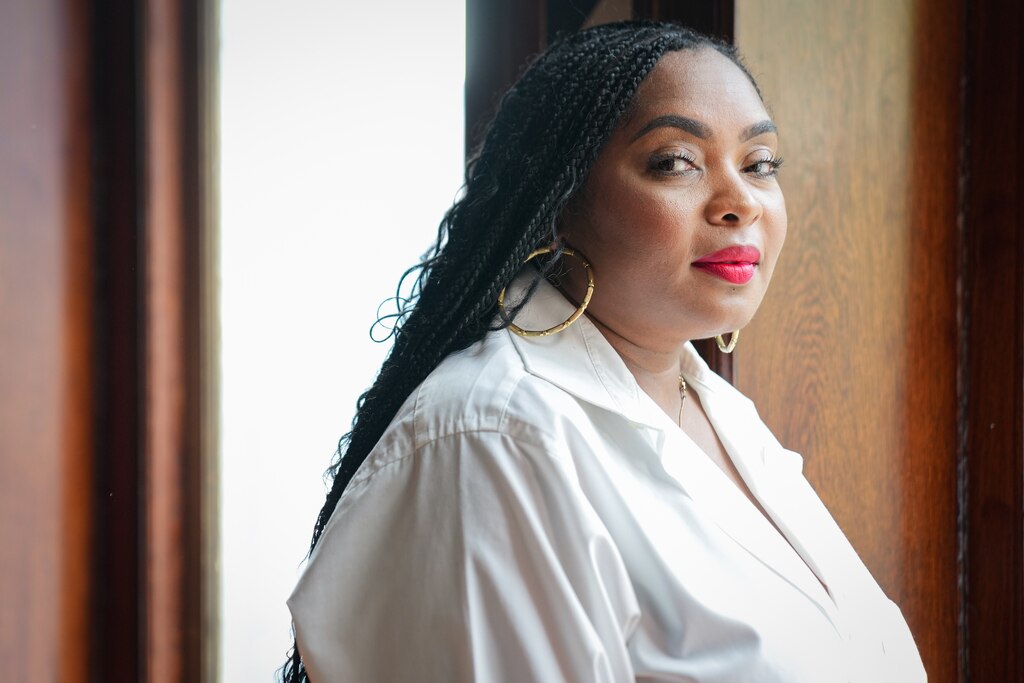
Being raised in white areas might play a role in how Black people internalize eating these foods.
All the Black people spoken to for this piece who had aversions to consuming certain dishes around white people either grew up or lived in predominately white spaces. Most cited negative comments and microaggressions as the reason for their avoidance.
Thornton, who grew up in the mid-Hudson Valley of New York, was one of two Black children in her grade in elementary school. She remembers her white peers telling the Black students they were only allowed to drink chocolate milk, not white milk.
The Baltimore Banner thanks its sponsors. Become one.
“I still don’t drink white milk to this day,” she said.
Thornton’s claims might raise eyebrows, but it isn’t terribly far-fetched. There are stories among Black circles about how foods that appeared white in color like vanilla ice cream weren’t allowed to be sold and eaten by Black people because the items were viewed as “pure.” It’s one of the reasons cited as to why butter pecan ice cream became an alternative and is so popular among Black members of the baby-boom and Silent generations.
Thornton’s staff at Associated Black Charities, who were mostly raised in mostly-Black Baltimore neighborhoods, didn’t have negative experiences with white peers growing up, so they don’t have the same discomfort eating those foods in public.
“They have not had to code-switch or conform the way I did,” said Thornton, who is CEO and president of the organization.
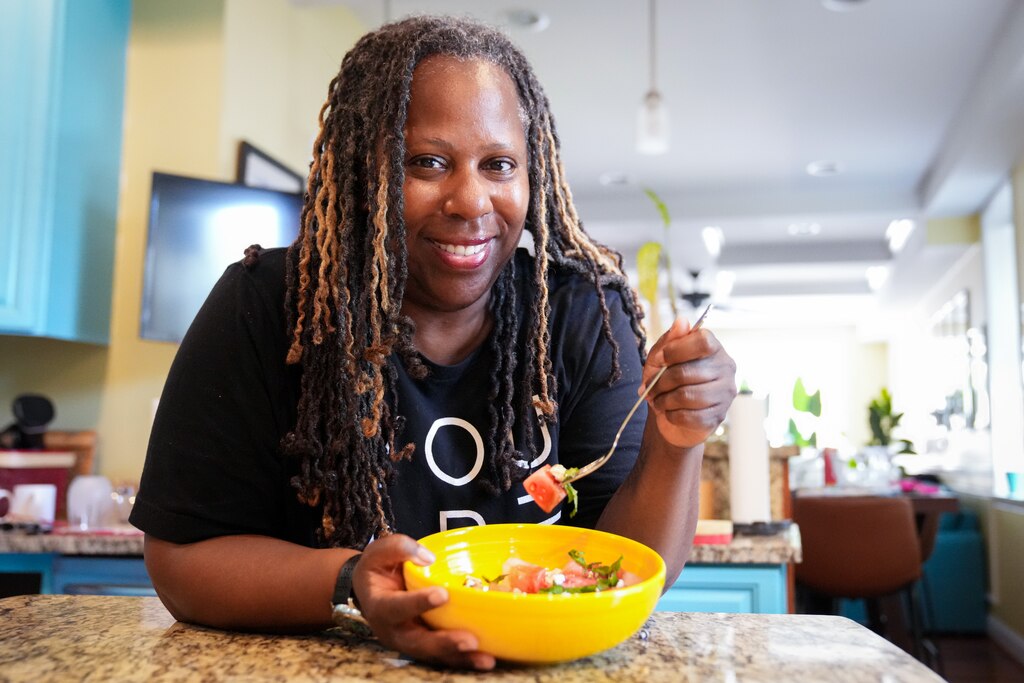
Kim Wiggins, a 53-year-old Patterson Park resident, didn’t start eating watermelon until she was 40. Being raised in majority-white Howard County, she thinks she subconsciously avoided eating the fruit in public.
The Baltimore Banner thanks its sponsors. Become one.
“I have probably only started saying I like watermelon the past few years. To me it is interesting how I developed this whole subconscious thing on my own,” she said.
Wiggins said she started feeling more comfortable eating the fruit when she moved to Baltimore 13 years ago, and broke her rule by ordering watermelon with mint salads.
“Watermelon with feta and mint or wrapped in prosciutto didn’t seem like the caricature,” she said.
Black people regularly find it necessary to switch behaviors, which stems from racism and discrimination, Jada McCray said.
“I really have thrown away the thought of what other people feel about me. I refuse to limit myself off the thoughts of other people,” said McCray, co-owner of BLK Swan, a Harbor East restaurant known for its upscale soul food offerings.
McCray is hopeful that many of these stereotypes will disappear as cultures continue to evolve.
“I honestly think it hasn’t been that long at all when you think of the length of slavery, and Jim Crow. … This is just a small window of time,” she said. “This country isn’t that old.”
No matter the country’s age, Black people’s influence on food here is inescapable. “Whether you call it Southern, soul food, Creole, Cajun, it was made with the hands of enslaved Africans,” chef Thomas said. “There would be no American cuisine without the hands of enslaved Africans.”





Comments
Welcome to The Banner's subscriber-only commenting community. Please review our community guidelines.